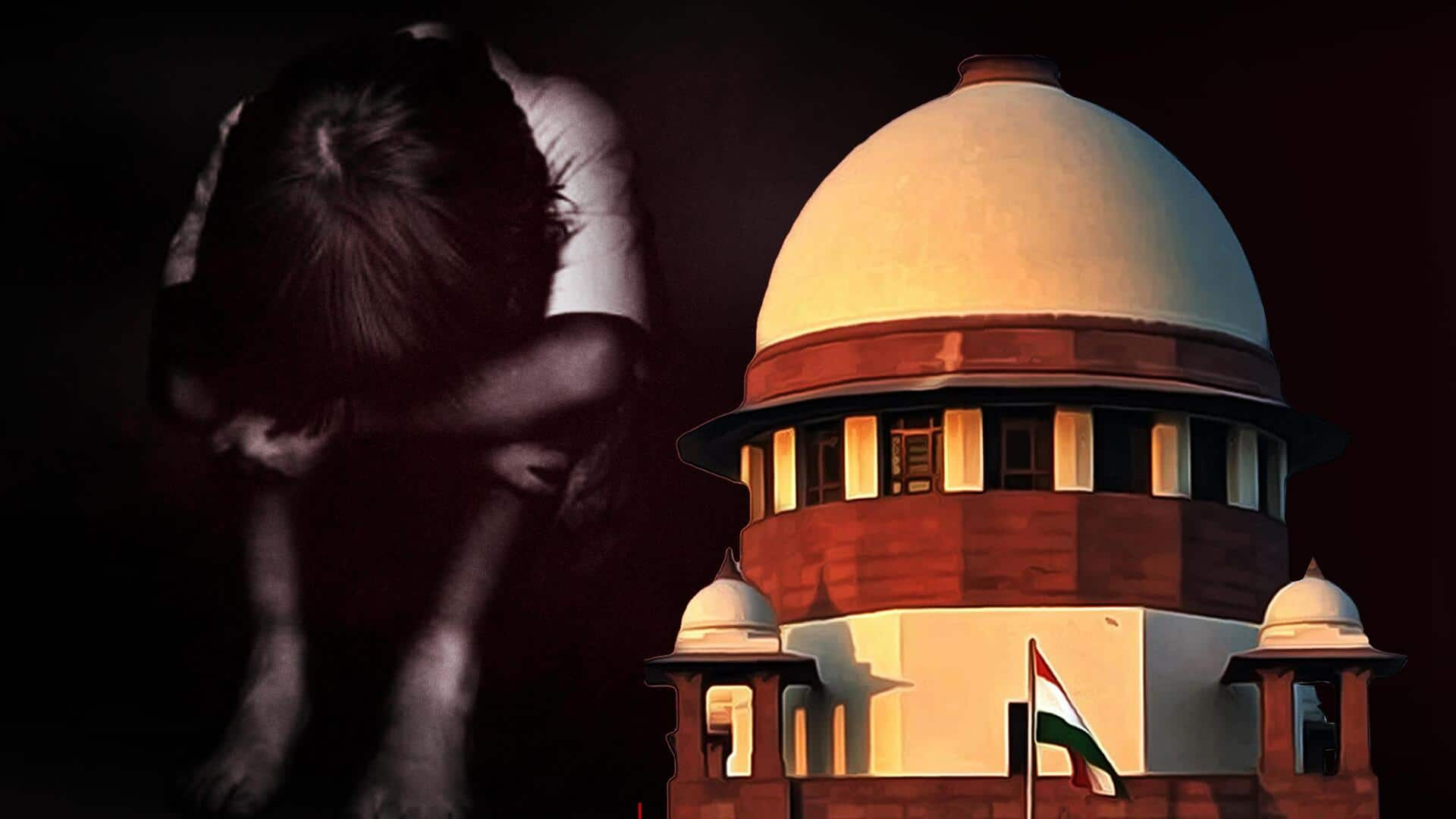
'Watching, storing child pornography an offense under POCSO': Supreme Court
What's the story
In a landmark ruling, the Supreme Court declared on Monday that storing and watching child pornographic material can be an offense under the Protection of Children from Sexual Offenses Act (POCSO Act). The bench, consisting of Chief Justice DY Chandrachud and Justice JB Pardiwala, ruled that such an act could be considered an offense if the person concerned had the intention to make some gain or advantage from it.
Legal reversal
Supreme Court restores criminal prosecution for child pornography
With the ruling, the bench overturned a recent Madras High Court judgment, which had stated that merely downloading and viewing child pornography, without intent to transmit, was not an offense. The Supreme Court criticized the high court's decision, stating it committed an "egregious error" in dismissing the criminal proceedings. As a result, the Supreme Court reinstated criminal prosecution.
Court statement
What did the SC say
While passing the judgment, the SC said, "There must be intention on part of the accused to share such material. To constitute an offense under Section 15(2) of POCSO, there must be something more to show than the actual transmission or distribution of such material." "Facilitation of such transmission, preparation, set up to enable transmit...has to be there. To establish offense under Section 15(3)...it has to be shown that such storage was done to make some gain or advantage."
Legal details
POCSO Act penalizes storage of child pornographic material
The POCSO Act's Section 15 outlines three distinct offenses related to the storage or possession of child pornographic material with intent to transmit or display. This is considered an inchoate offense, which penalizes mere storage or possession of such material when done with specific intent, without requiring actual transmission. Sub-section (1) of Section 15 further penalizes failure to delete, destroy, or report any found child pornographic material intended for sharing or transmission.
Legal recommendations
Supreme Court suggests terminology change in POCSO Act
The Supreme Court, in its judgment, also recommended a terminology change to the Parliament. The court suggested replacing the term "child pornography" with "child sexual exploitative and abusive material." It further requested the Union to introduce an ordinance for this amendment. The court has directed lower courts to refrain from using the term "child pornography."
Social impact
Petitioner's concerns over normalizing child pornography
The ruling follows a petition filed by Just Rights for Children Alliance, which expressed concerns that the Madras High Court's ruling could potentially normalize child pornography. They argued that such a decision might give the impression that individuals downloading and possessing such material will not face prosecution. "The impression is given...that downloading and possessing child pornography is not an offense and it would increase the demand for child pornography and encourage people to involve innocent children in pornography," it said.